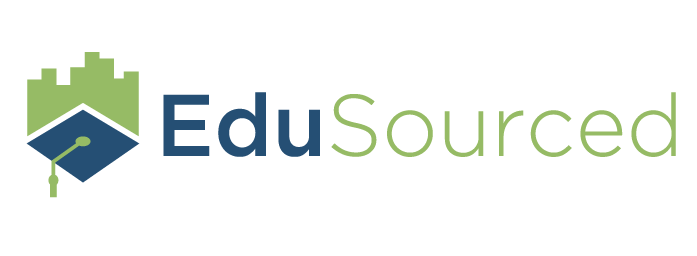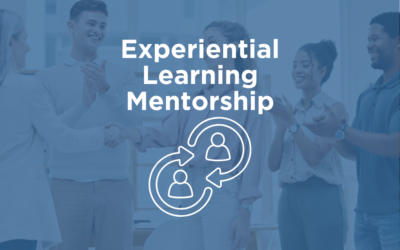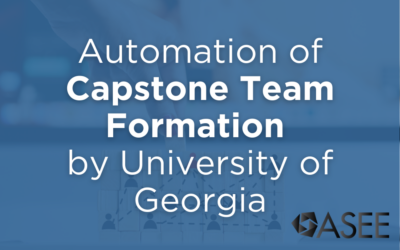
As one of EduSourced’s first clients, Otterbein University prides itself on its business school’s experiential learning programs. Project-based learning is embedded into its MBA curriculum through its semester-long Capstone program, which is led by MBA program director Eric Lloyd.
We asked Eric to tell us about his experience with the Capstone program, his advice on starting an experiential program, and why he thinks experiential programs are so valuable in higher education.
EDUSOURCED: First, can you tell us a little bit about your experiential program?
ERIC LLOYD: Our program, which is called the Capstone program, has been around since 1997. As a part of the MBA program, our students complete one major project, either in the fall or in the spring. They work with all industries and both for-profit and non-profit clients, and so we’ve been very proud of our Capstone program’s industry diversity.
ES: Why do you think the Capstone program has attracted so much attention and support over the years?
EL: In our experience, the biggest impact to our program is the brand perception of the university. You do not necessarily need to have the entire institution involved, but it sure makes for a more seamless effort between students, the professors and clients when the support exists. Having the community and the university come together to support the program has gone a long way.
ES: Have you run across any challenges or setbacks with the Capstone program during your time at Otterbein?
EL: The biggest challenge so far has been ensuring that the scope of the project fits within the semester time frame, but that it is still a strong and relevant project for the students. We want to make sure that our students are benefiting our project sponsors, but that they are also learning as much as they can from the experience.
ES: A lot of experiential programs have started charging sponsors for projects, but the capstone program is still free. Why is that?
EL: The main reason we do not charge is an assumption that clients typically come to universities so that they can access free services like this. Even though we don’t charge, we do provide a report showing the consulting hours involved in the project. Sometime in the future, though, we might start charging sponsors for projects.
ES: What advice would you give to someone creating a new program or taking over one that they plan to build?
EL: Our program has succeeded because it has been supported both internally and externally. But while it’s great to have that unified internal support, it’s absolutely key that you gain traction in the local business/industry communities. Good client relationships will make your experiential program.
ES: How important is technology to running your program?
EL: Technology is absolutely necessary for the Capstone program, especially from a communication and content collaboration perspective. We need one place where we can track all interactions and activity across all projects. Now that we have that in EduSourced, we can focus less on project managing and more on delivering quality results that make local businesses want to partner with us in the future.



